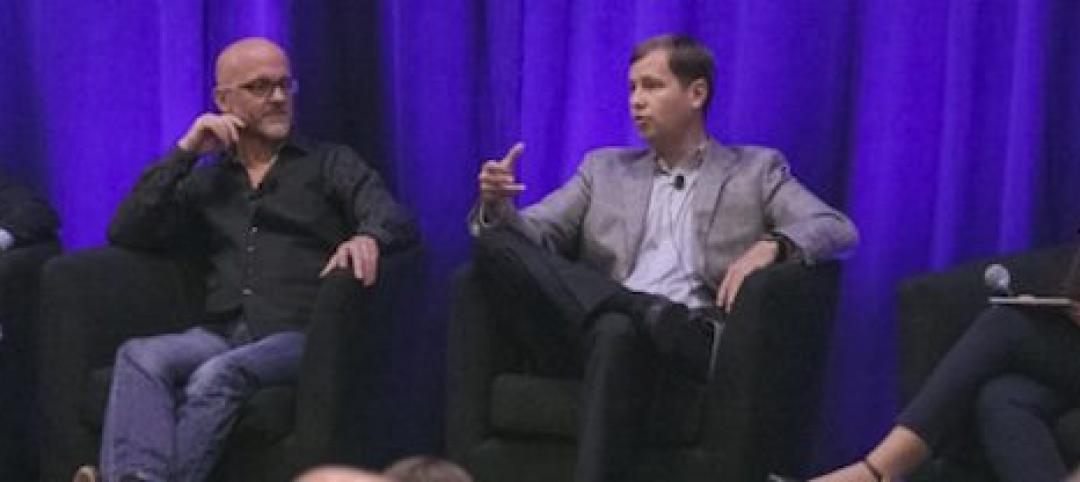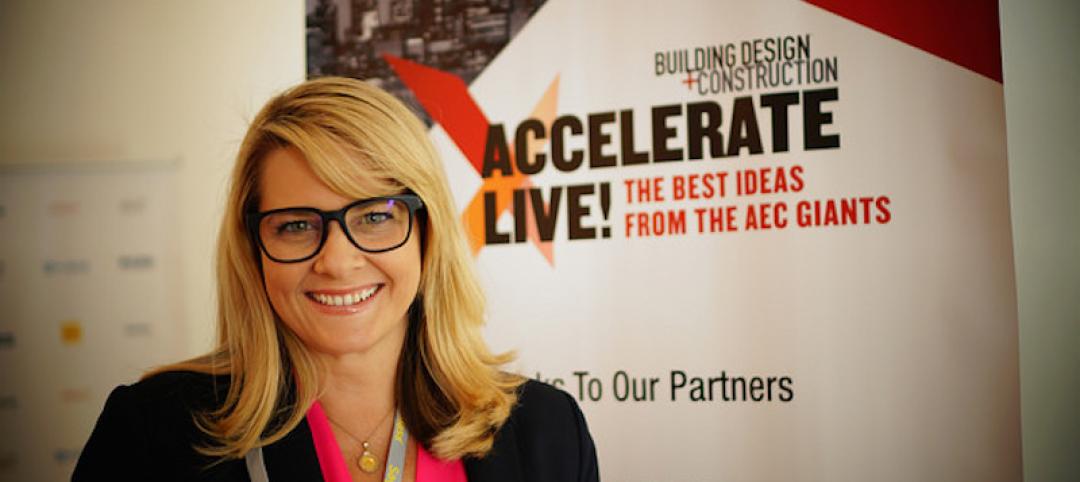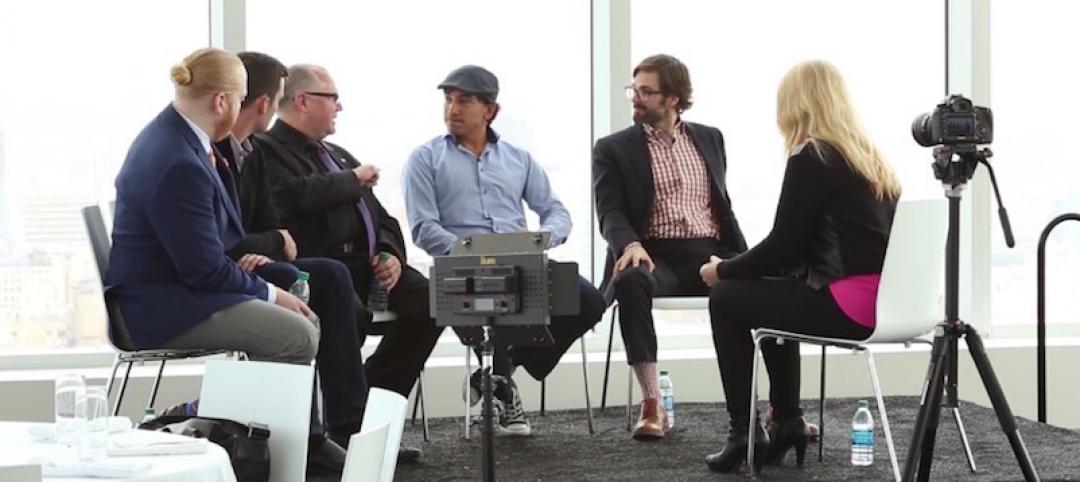I sat down with Chad Dorgan, Vice President Of Quality & Sustainability at McCarthy Building Companies, to learn more about their process for reviewing and implementing new technologies. Dorgan believes success is ensured by focusing efforts at the grass roots level and keeping workflows grounded in processes, not necessarily looking at “technology as a solution.”
For instance, start with the best way to manage documents or the most effective way to handle an RFI. Then, apply technology on top of that existing process to make it more efficient, reduce steps and improve collaboration between partners.
At McCarthy, they start with a small core group who guide the process and share their learnings. They make it work on a smaller scale with a few projects, work out the bugs first and then raise it up to the next level. It’s less about “software as a solution” and more about how software integrates into what the company is already doing. Software is not a fix-all. It’s the people and the process that brings it all together and makes it work.
Looking down the road, I asked Dorgan what he sees as the next leap the AEC industry needs to make. He believes the future of design and construction lies in creating, accessing, and sharing data-rich 3D models. But, the challenge with building information modeling (BIM) is finding viable paths to take all the data and distill it down to a form that people in the field can utilize.
Beyond just the creation of a model, the goal of integrating design and construction is to equip all project partners with the tools to get it right the first time. Portable Document Format (PDF) files and 3D documents are an integral part of that process, but knowing how to implement these technologies into existing workflows for a better, more efficient process will be the keys to success.
Editor's note: This is sponsored content. The text and video were provided by the sponsor company.
More from Author
Sasha Reed | Dec 15, 2017
Future vs. current state of construction innovation: How will we make the leap?
Looking beyond today’s constraints to the possibility of what “could be” is a key characteristic of those defining and delivering innovation to design and building firms across the globe.
Sasha Reed | Sep 19, 2017
BIM vs VDC…how the US and the UK differ in approaching digital project delivery
In this four-part series, Bluebeam VP Sasha Reed sat down with industry experts to examine the need for defining and understanding digital workflows and data management throughout the design and construction project lifecycle.
Sasha Reed | Jul 19, 2017
Introducing StrXur by Bluebeam
Our goal is to present unique perspectives you may not be able to find anywhere else.
Sasha Reed | Jul 13, 2017
Defining the future by mastering the art of change
From my perspective, what separates organizations thriving in the digital revolution from those who are not boils down to one thing: leadership.
Sasha Reed | Mar 15, 2017
Incentivizing change: Show me the money
Who is succeeding, and on what terms? And what will it take for everyone to experience the benefits of that success?
Sasha Reed | Oct 4, 2016
The talent shortage: Will the training the AEC industry desperately needs arrive in time?
As the construction industry bounces back from the Great Recession, an entirely new class of tech-savvy construction professionals has been created, and the supply of these highly skilled, tech-proficient pros has been quickly exhausted.
Sasha Reed | Jul 11, 2016
Construction Disruption at AECX: Technology, hackathons and the promise of change in LA
The lead up to AECX featured a discussion providing insight into the current state of the AEC technological revolution by exploring opportunities, challenges and choices AEC pros face.
Sasha Reed | Jun 23, 2016
Implementing Change: The Five Biggest Mistakes to Avoid
Two truths from the jobsite: 1) The best part about uncovering a problem is discovering its solution, and 2) The worst part about discovering the solution is implementing it.
Sasha Reed | Jun 9, 2016
With all these sharks in the water… (No Predictions Here...Part 2)
Rather than fighting to control the proliferation of apps, perhaps we should be training our eyes to look for signs of long-term viability among all the fins in the water















